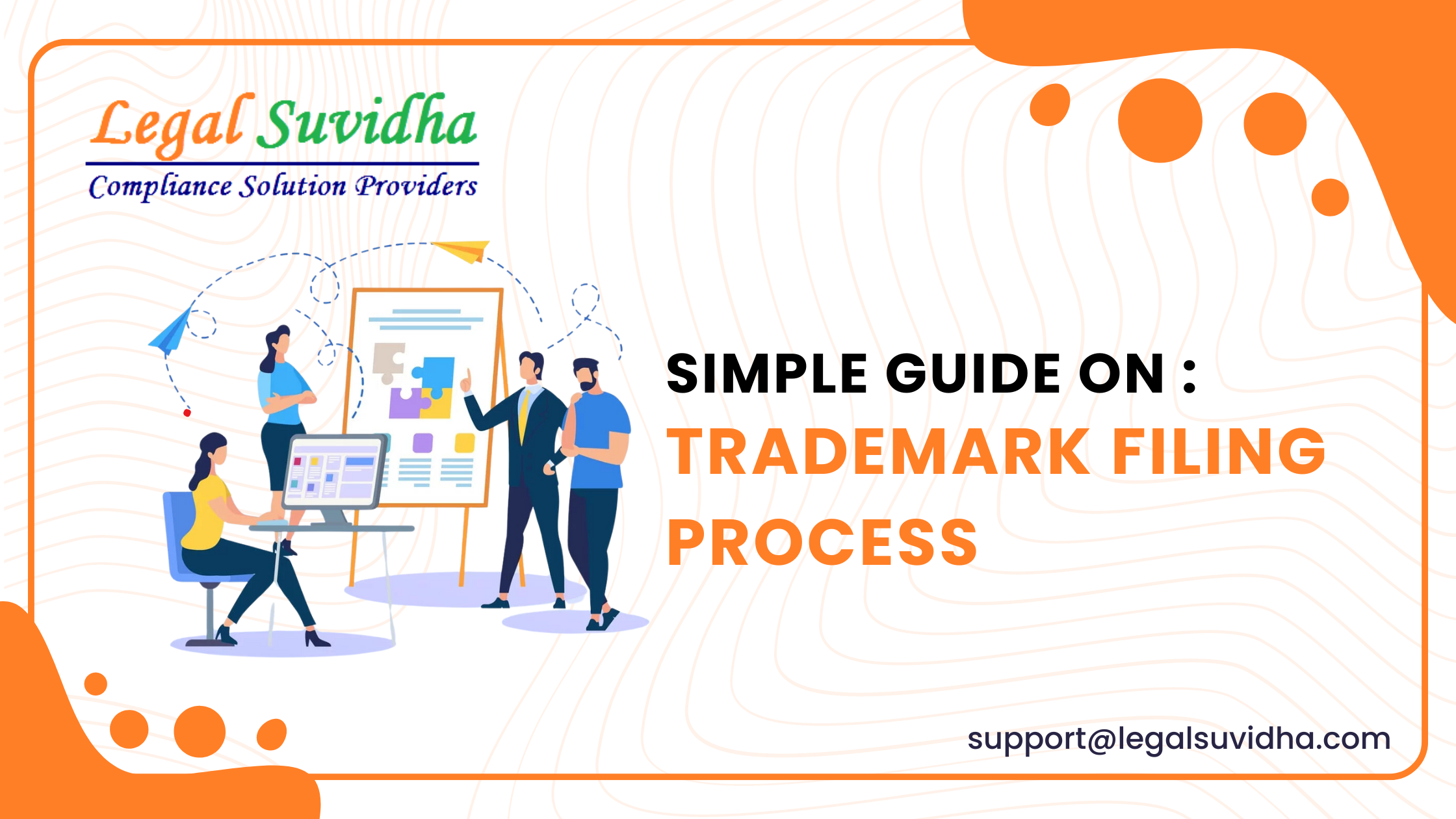Disclosure of Related Party Transaction is a requirement under GAAP and IFRS for companies to disclose transactions that have taken place between the company and its related parties.
GUIDANCE NOTE ON DISCLOSURE OF RELATED PARTY DISCLOSURE
DEFINITION:
Related party – parties are considered to be related if at any time during the reporting period one party has the ability to control the other party or exercise significant influence over the
other party in making financial and/or operating decisions.
Related party transaction – a transfer of resources or obligations between related parties, regardless of whether or not a price is charged
OBJECTIVE IF RELATED PARTY DISCLOSURE:
The objective of this Standard is to establish requirements for disclosure of:
(a) related party relationships; and
(b) transactions between a reporting enterprise and its related parties.
FAQ’s on Disclosure of related party disclosure:
1. From which period is the new format, as prescribed by SEBI in the annexure to circular dated November 22, 2021, applicable for submitting RPT disclosure?
Ans: Listed entities are required to submit the RPT disclosures in the new SEBI format, for reporting period for the half year end commencing from 01 October, 2021 to 31 March, 2022.
2. What does ‘Where a transaction is undertaken between members of the consolidated entity (between the listed entity and its subsidiary or between subsidiaries), it may be reported once’ in point 2 of notes in new SEBI format, mean?
Ans: All related party transactions entered into by the listed entity and its subsidiaries must be reported, however, when transaction is undertaken between the listed entity and its subsidiary or between subsidiaries, the disclosure of that transaction shouldn’t be repeated from point of view of each member of the consolidated entity.
For e.g., X Ltd is a holding listed company and Y Ltd is a subsidiary of X Ltd. X Ltd sold goods worth Rs. 10 crores to Y Ltd. At the time of reporting RPT disclosures, this transaction must be reported only once, either from the point of view of X Ltd (holding reporting company) as sale of goods or from the point of Y Ltd (subsidiary company) as purchase of goods.
3. Whether the definitions/provisions effective from April 01, 2022 apply on transactions for the half year ended commencing from 01 October, 2021 to 31 March, 2022, that are required to be disclosed in new SEBI format?
Ans: No, the definitions/provisions that are specifically mentioned to be effective from April 01, 2022, shall be applicable on transactions undertaken from April 01, 2022 onwards.
4. Whether the disclosure must be in standalone or consolidated basis?
Ans: As per the new format of SEBI, the column header is “Details of the party (listed entity /subsidiary) entering into the transaction”, therefore, the intent of SEBI is that the companies should disclose all the RPT transactions of itself and its subsidiaries. Therefore, the concept of disclosure on standalone or consolidated basis has been done away with and all the transactions must be disclosed.
5. Whether banks are also required to submit the RPT disclosures in SEBI’s new format?
Ans: Yes, banks are also required to submit the RPT disclosures in SEBI’s new format.
6. When are the companies required to submit the disclosures?
Ans: The listed entity shall make such disclosures every six months within 15 days from the date of publication/declaration of its standalone and consolidated financial results. Further, a ‘high value debt listed entity’ shall submit such disclosures along with its standalone financial results for the half year. The listed entity shall make such disclosures every six months on the date of publication of its standalone and consolidated financial results with effect from April 1, 2023.
7. How is exemption from RPT disclosure under regulation 15 (2) of SEBI regulations interpreted?
Ans: The compliance with the provisions as specified in regulations 23 shall not apply, in respect of listed entity having paid up equity share capital not exceeding rupees ten crore and net worth not exceeding rupees twenty-five crore, as on the last day of the previous financial year.
If any of the criteria (paid up equity share capital and net worth) is not satisfied, RPT disclosures shall be mandatory for the company.
Eg.: i. Paid up equity share capital-Rs. 8 cr; Net worth-Rs. 25.01 cr, RPT disclosures is mandatory
ii. Paid up equity share capital-Rs. 10.01 cr; Net worth-Rs. 25 cr, RPT disclosures is mandatory
iii. Paid up equity share capital-Rs. 10 cr; Net worth-Rs. 25 cr, RPT disclosures is non-mandatory Further, once the RPT regulations become applicable to a listed entity, it shall continue to remain applicable till such time the equity share capital or the net worth of such entity reduces and remains below the specified threshold for a period of three consecutive financial years.
Eg.: RPT disclosures is mandatory for the FY 2021-22 (criteria as on March 31, 2021, paid up capital-Rs. 10 cr, net worth Rs. 25.01 cr). RPT regulations shall become applicable for the FY 2022-23 even if the specified threshold is reduced (paid up capital Rs. 10 cr and net worth-Rs. 25 cr) and continue to remain applicable for the FYs 2022-23 to 2024-25
8. Are the companies required to provide RPT disclosures for the second half year, on year-to-date basis or on six-months end basis?
Ans: As per the SEBI circular, the disclosure must be on six-month end basis for both, first half and second half year.









